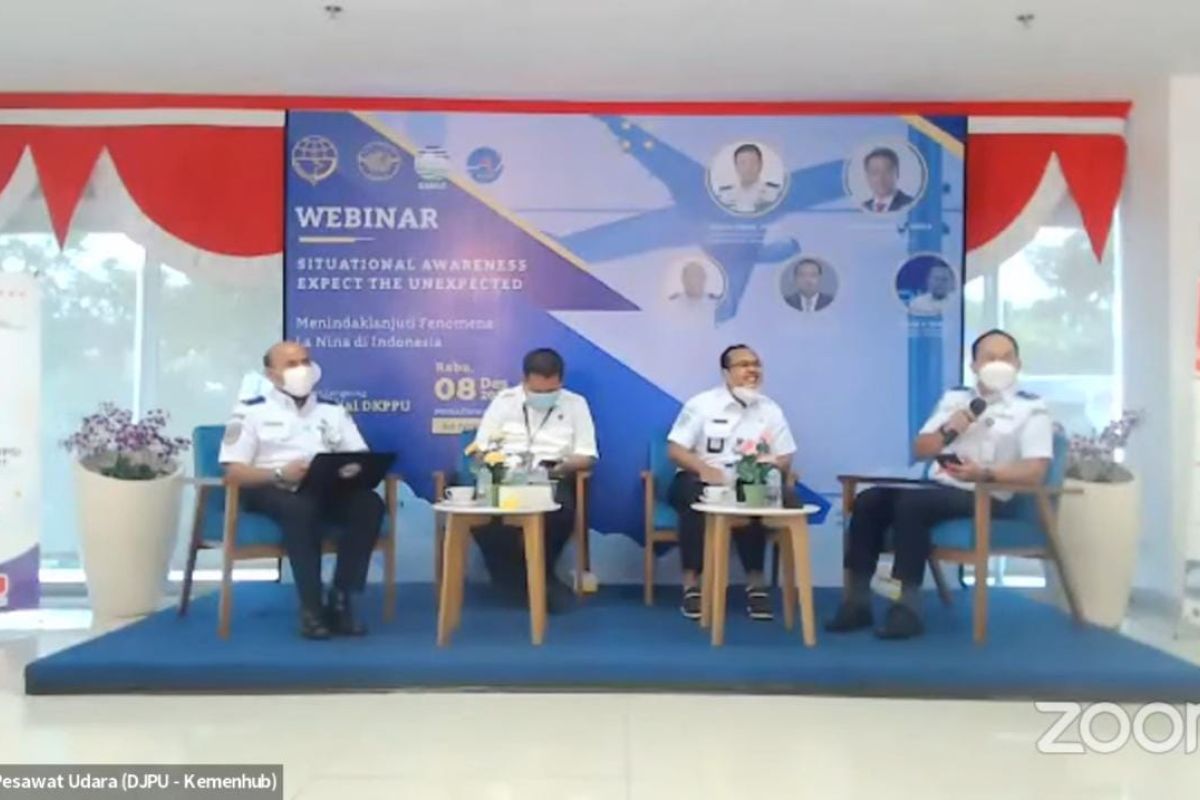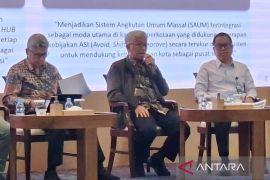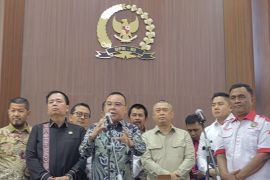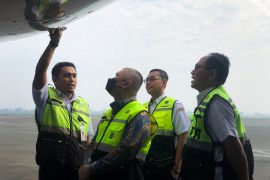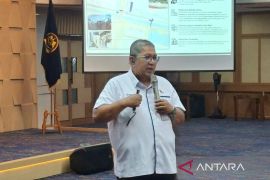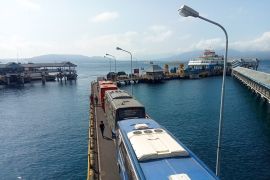"Currently, the aviation sector is facing various disruptions, including global climate change which has an impact on the weather anomaly phenomena," director of aircraft operations and qualification (DKPPU) at the ministry, Dadun Kohar, said.
He made the remarks at a webinar on 'Situational Awareness: Expect the Unexpected' organized by DKPPU, according to a written statement issued on Wednesday.
Due to the momentum of the 2021 Christmas and New Year 2022 holidays, the aviation industry has been able to improve its condition, he said.
Related news: Several provinces to experience increase in rain cloud growth: BMKG
Reflecting on the Mount Semeru eruption, proper anticipatory steps must be prepared considering that it will have a direct or indirect impact on flight operations in Indonesia, he added.
"I hope there will be a joint commitment between regulators and stakeholders in the air transportation sector to increase awareness, readiness, and preparedness in facing the challenges of the impact of global climate change, especially for aviation safety and the sustainability of flight operations," he emphasized.
Acting head of aircraft operations certification at DKPPU, Captain Rizal Bayu Azi, explained that the webinar aimed to provide the latest information related to extreme weather and build communication with aviation stakeholders to anticipate and mitigate possible accidents.
According to the Meteorology, Climatology, and Geophysical Agency (BMKG), the peak of the La Nina phenomenon will occur in January–February 2022.
"We hope that in the future, there will be integration and synergy between the Directorate General of Civil Aviation and BMKG in sharing information on updating weather conditions such as predictions, early warnings, and real-time recommendations on weather anomaly accuracy through digital connectivity," Azi remarked.
He also outlined a number of strategic steps for utilizing digital connectivity that can be integrated into the operational system (OCC) of air transportation stakeholders throughout Indonesia while still factoring in the operational characteristics in each region.
Related news: Beware of likely extreme weather in Southern Central Java: BMKG
Translator: Ahmad Wijaya, Resinta S
Editor: Suharto
Copyright © ANTARA 2021
